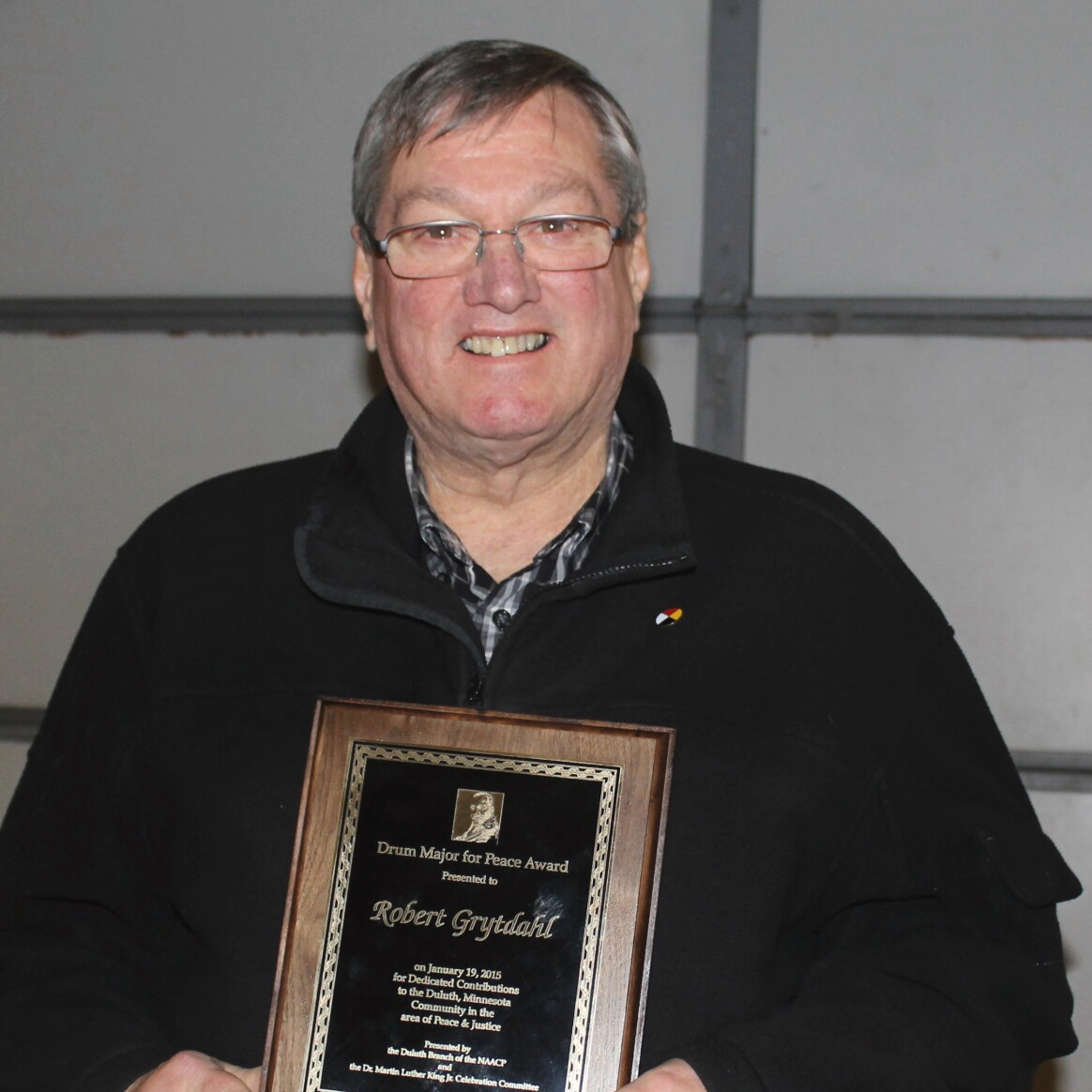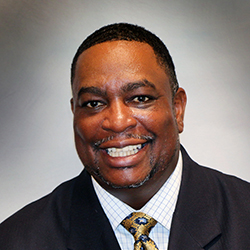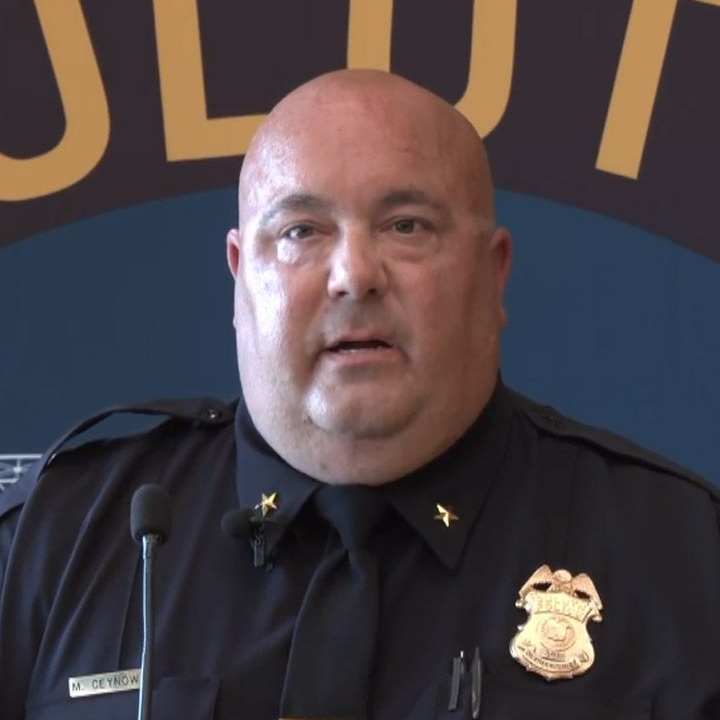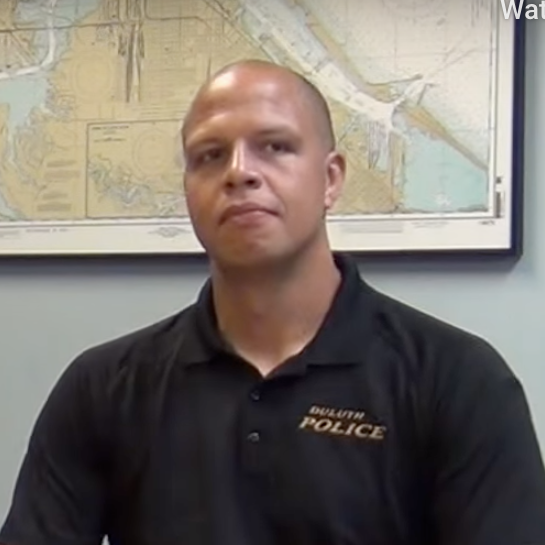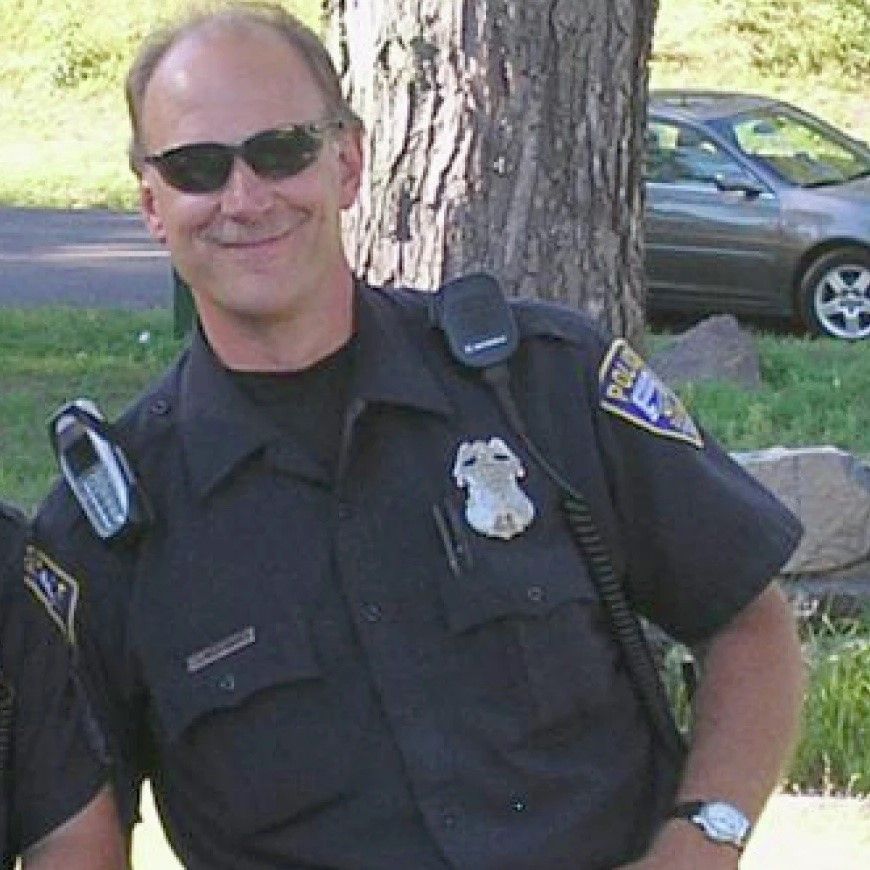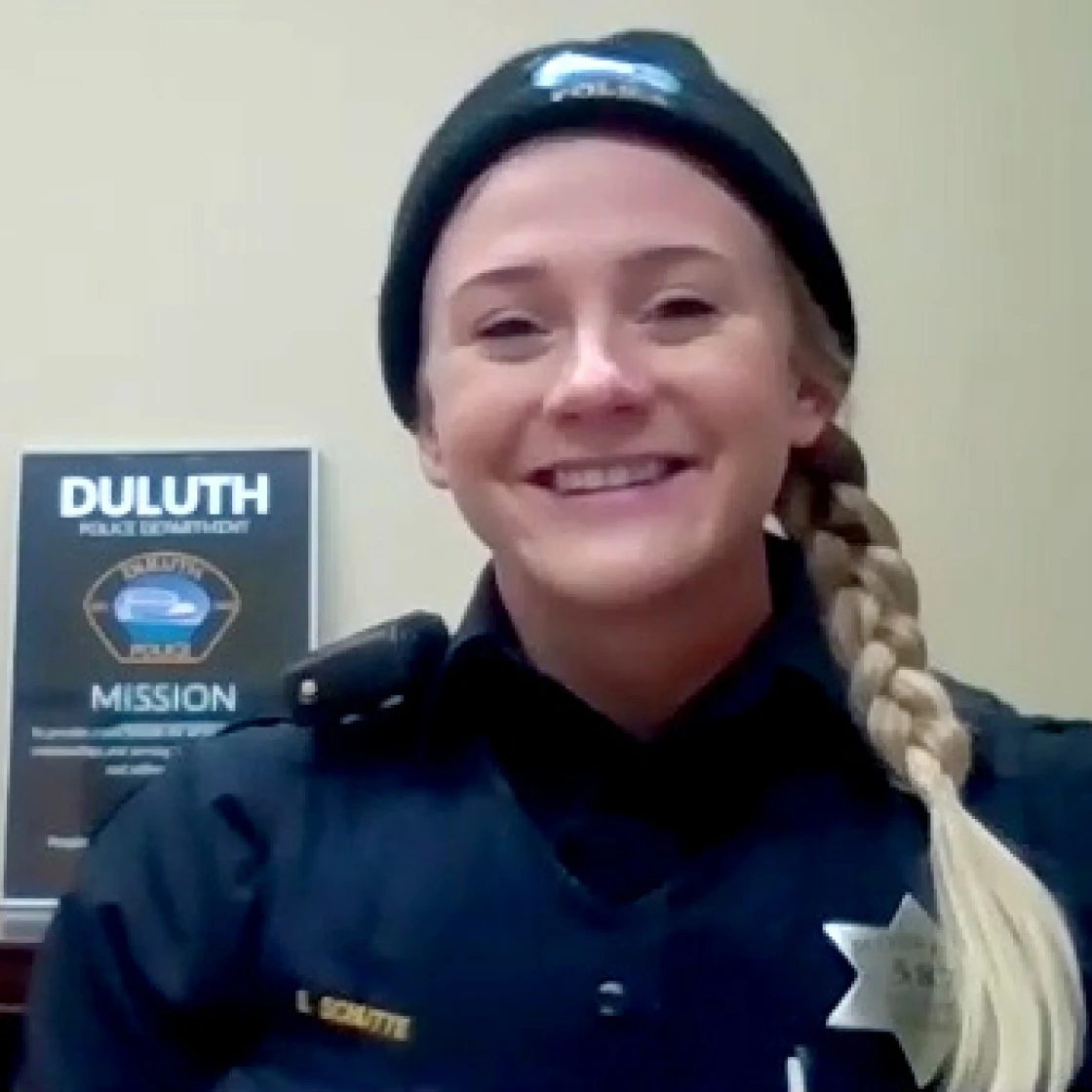Phillip Fishman, a Minneapolis attorney with over thirty years of experience prosecuting civil rights complaints, originally learned about the racial disparities occurring in Duluth through media coverage and the LEAN Duluth website. Upon reaching out to the Duluth NAACP with interest to help, he was connected with the Kirk family who had been looking for council for over ten years. Immediately, he and his colleagues from a variety of firms around the Twin Cities were intrigued by the case. Fishman and his colleagues have traveled multiple times up the I-35 corridor to meet with the Kirks and ultimately craft a complaint. As civil rights lawyers work on contingency, meaning that the attorney does not charge for labor unless the case is successful, it is important to understand that Fishman and his colleagues have not received reimbursement for time, travel, or their expertise at this time. Fishman passionately believes in the legal validity of the claims and explains that underrepresentation is at the heart of the Kirk’s complaint:
When you have underrepresented someone and don’t provide them with municipal services, such as police services, you are not treating people under the law equally. That runs afoul of the Equal Protection Clause which seeks to ensure that people aren’t being driven out of their neighborhoods because of their race. There are some cases that I have found recently on that topic which can call into question The Fair Housing Act. In essence, what happened to the Kirks with respect to most of the litigation is that the police didn’t do anything to represent their interests.
Fishman continues by connecting the 2020 road rage incident with the 15 years of hate crimes that preceded it:
The road rage incident and the wrongful arrest of Aaron, was an example of an equal protection violation when they didn’t protect his interests. It is an extension of what happened before. He was treated differently throughout all of the incidents, concluding ultimately with the road rage incident. A normal white person goes to the police, you expect them to do something about it. In this case, a Black man reached out for help, the police officers notified their supervisors, and the supervisors did nothing. And on top of that, the human rights commissioner did nothing. It was a total failure of people in authority to protect the interests of those they are responsible for. If the police know about something and they just don’t act, that’s not their job.
Fishman adds that in addition to failing to protect the Kirk’s constitutional rights, the police failed to enforce Section 40-1 of the city’s legislative code which states,
“No person shall report or cause to be reported to the police division of the city, by telephone, in writing or by any other means of communication, any felony, gross misdemeanor or misdemeanor, knowing that no such felony, gross misdemeanor or misdemeanor has, in fact, been committed”:
Point and fact, there’s a plain old ordinance dealing with false complaints to the police and how they can be fined under Duluth code. In the Duluth Police Department’s manual, their first goal is to maintain the laws of the City of Duluth. Had they done that and admonished these two women from the get go, this case would not have gone anywhere.
According to
Court Listener, the case was filed in US District Court on June 23rd, 2023. The case was assigned to Judge Patrick Joseph Schiltz and referred to Judge Leo Brisbois, who notably was only the second Native American judge to hold his position in the nation
at the time of his 2010 addition to the court. As of June 12th, all summons had been issued to defendants. On June 23rd, Assistant City Attorney Elizabeth Tabor, under the supervision of City Attorney Rebecca St. George, filed a motion to dismiss all charges against the city. When asked about the city’s dismissal of the charges filed by the Kirk family, Fishman concludes by emphasizing the serious consequences that the claims presented in this lawsuit can have on the City of Duluth’s pocketbook:
If ultimately the case goes forward and the counts against the misuse of federal funds stay, that would have major repercussions. The city could stand to lose millions of dollars per year because they are running a program that discriminates against people by the basis of race.

